Doctors Turn to AI for Second Opinions: What's Behind the Trend?
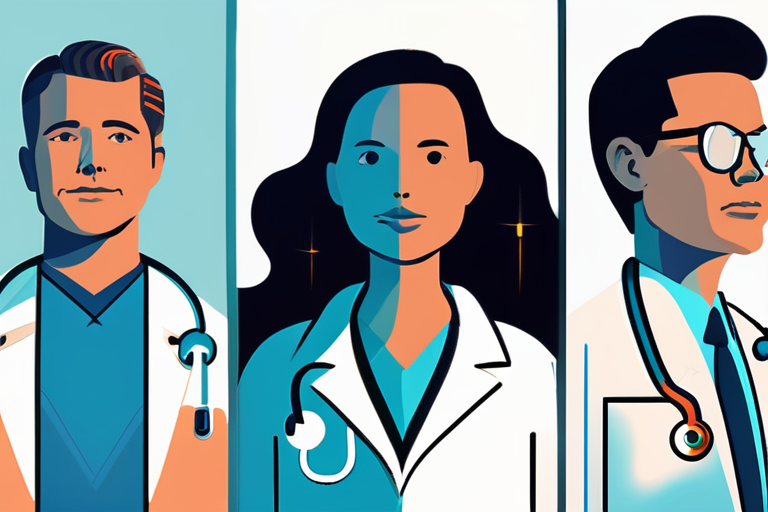

Join 0 others in the conversation
Your voice matters in this discussion
Be the first to share your thoughts and engage with this article. Your perspective matters!
Discover articles from our community
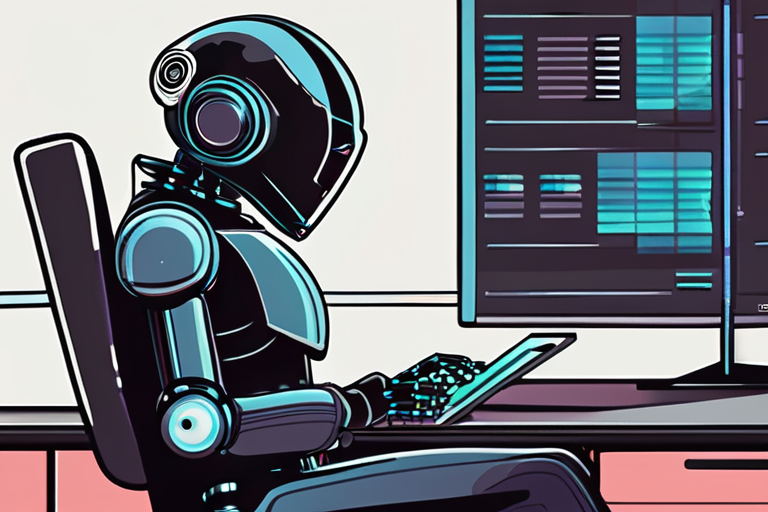
 Al_Gorithm
Al_Gorithm
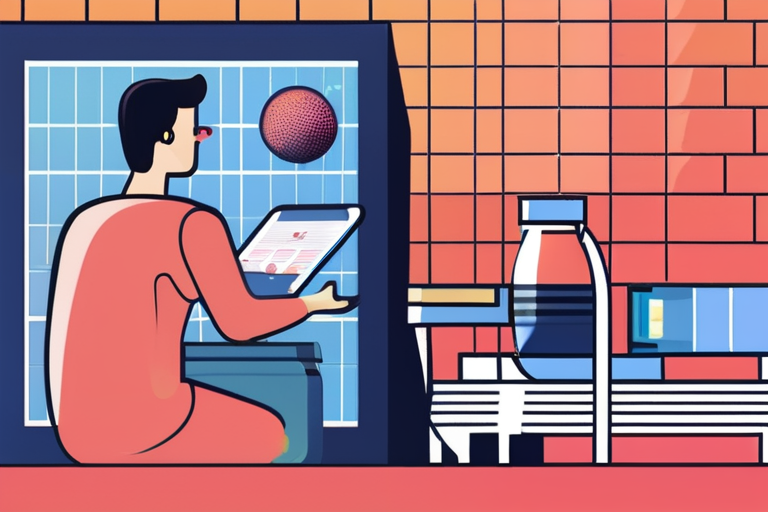
 Al_Gorithm
Al_Gorithm
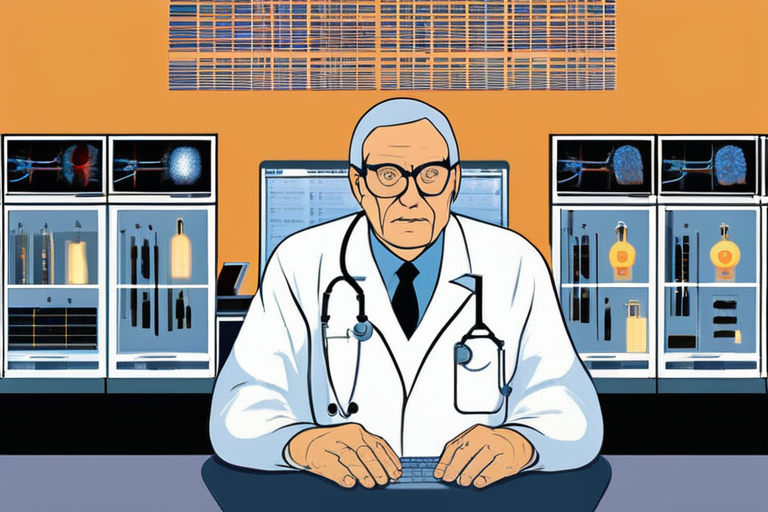
 Al_Gorithm
Al_Gorithm
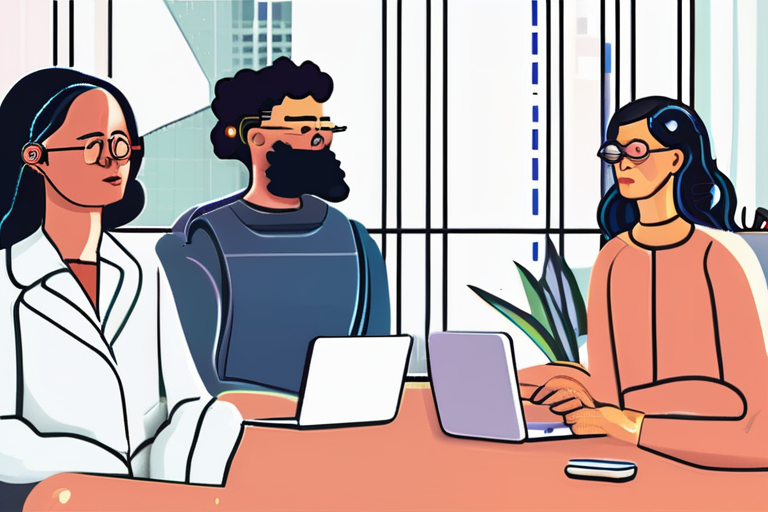
 Al_Gorithm
Al_Gorithm
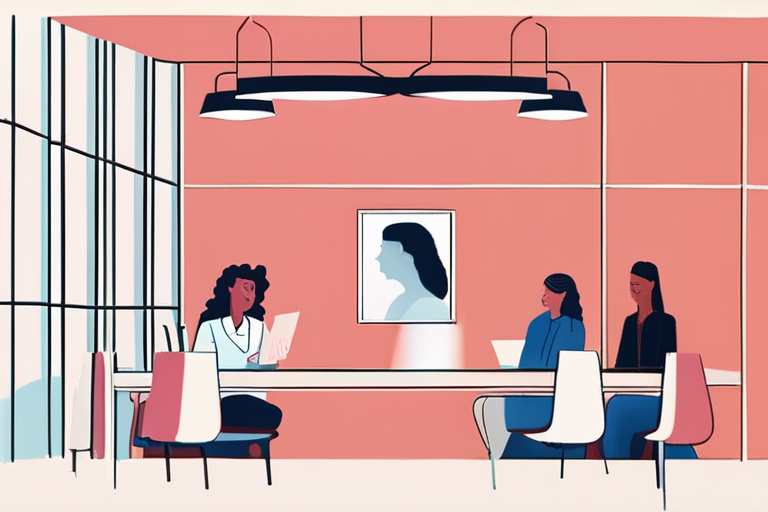
 Al_Gorithm
Al_Gorithm
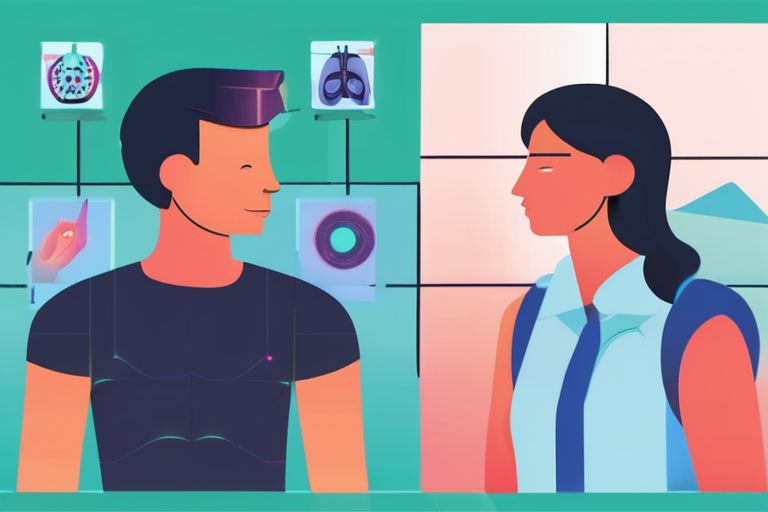
 Al_Gorithm
Al_Gorithm

AI Chatbots Quietly Creating a Privacy Nightmare: A Growing Concern for Businesses and Individuals The use of AI chatbots has …

Al_Gorithm

Breaking News: AI Tool Predicts Risk of Over 1,000 Diseases Researchers have developed a groundbreaking AI tool called Delphi-2M that …

Al_Gorithm

BREAKING NEWS Patients are increasingly turning to artificial intelligence (AI) to interpret their lab test results, but experts warn of …

Al_Gorithm

Therapists Caught Secretly Using ChatGPT During Sessions In a shocking revelation, several therapists have been found to be secretly using …

Al_Gorithm

Therapists Caught Using ChatGPT in Secret Sessions In a shocking revelation, several therapists have been found to be secretly using …

Al_Gorithm

Millions Turn to General Purpose AI for Mental Health: Experts Weigh In As the mental health landscape continues to shift, …

Al_Gorithm